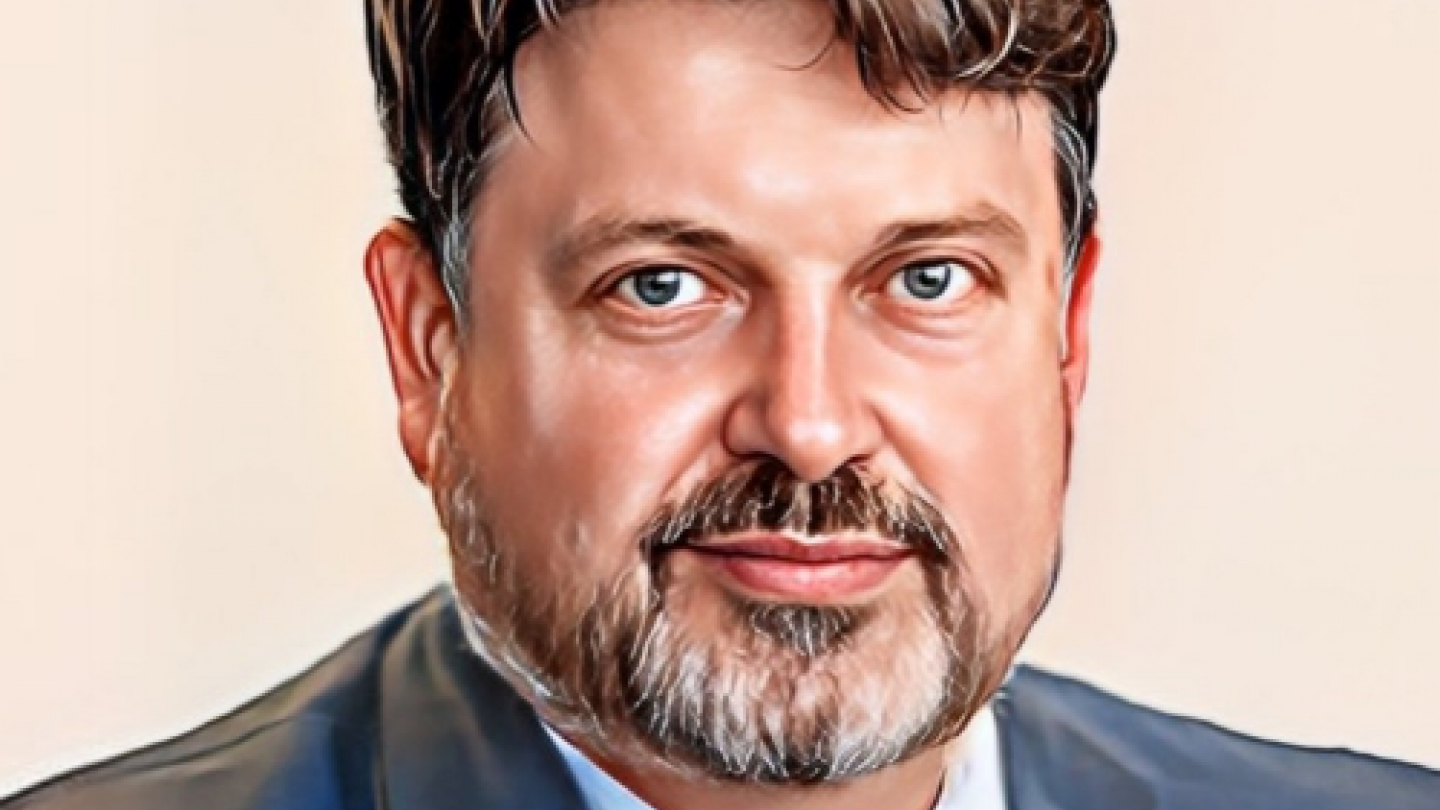Han Dieperink is chief investment officer at Auréus Vermogensbeheer. Earlier in his career, he was chief investment officer at Rabobank and Schretlen & Co.

Unpacking the growth of private debt
The private debt market’s robust growth is largely attributed to tighter regulations imposed on commercial banks. A recent US banking crisis, coupled with stricter Basel IV norms, propels this surge. Additionally, tight monetary policies are leading to a notable spike in fees, particularly in relation to risk. Consequently, a promising asset class has quickly taken shape.
Investing with artificial intelligence
Artificial intelligence is eminently an application for investors. Especially in a complex data-rich environment with a lot of uncertainty, artificial intelligence thrives.
The kickback fee is back
Since 2014, the kickback fee, also known as distribution fee, has been abolished in the Netherlands. Prior to this, asset managers would continuously pay a fee to distributors whenever investments were made in the asset manager’s funds.
From public to private markets
There has been a clear shift from public markets to private markets. Private markets are no longer an opportunistic satellite, but are now the core of the investment portfolio.
ChatGPT and the world of finance
During my student days in the late 1980s, I was one of the few students who had access to an Apple II computer. A big difference between Apple’s word processor then and the average word processor on a PC was WYSIWYG, acronym for What You See Is What You Get. On the screen, the document was visible just as it was printed. Even then, Apple was way ahead of the competition.
The effect of inflation on corporate earnings
The big difference between bonds and equities is that cash flows in bonds are fixed in advance. It makes inflation the great enemy of bonds. With equities, the effect of inflation is more complex. Companies that raise prices often realise higher sales as a result. But with a lag, inflation, in the form of rising wages and rising interest rates, creates margin pressure, as do rising energy prices.
Han Dieperink: Corporate bonds fit back into portfolio
Over the past 12 months, the yield on corporate bonds has been as much as minus 22 per cent. As a result, the effective yield on investment grade corporate bonds has now risen to 5.5 per cent at a duration of just over 6 years. This is in line with the return earned on investments according to the tax authorities, on which 31 per cent tax has to be paid this year.
At the same time, most banks still do not give interest on current account balances, but that is not subject to tax these days.
Probably the best and worst year ever for bonds
This will probably be the worst but also the best year for bonds ever. Rising interest rates and credit spreads are causing hefty price losses. Inflation is a bond investor’s worst enemy and it is skyrocketing. The fact that interest rates and credit spreads are rising fast is good for bond investors in the long run. Panic and volatility always create opportunities.
The added value of low volatility
Low-risk stocks do better in the long run than high-risk stocks. For the record, this story equates risk with movement or, in stock market jargon, volatility. In itself, this is not the correct definition of risk. The flip side of risk in the form of volatility is opportunity.
Han Dieperink: interest rates must rise further
The US equity market has rebounded some 15 percent from its low in June, helped by hopes of a Fed turnaround, better-than-expected corporate results and investors who were gloomy but invested.
The June low remarkably coincided with the peak in earnings expectations for 2022 and 2023. This means the entire price recovery can be attributed to higher valuations, made possible by lower interest rates. The fact that corporate earnings were better than expected, however, says more about expectations than about the underlying earnings trend.